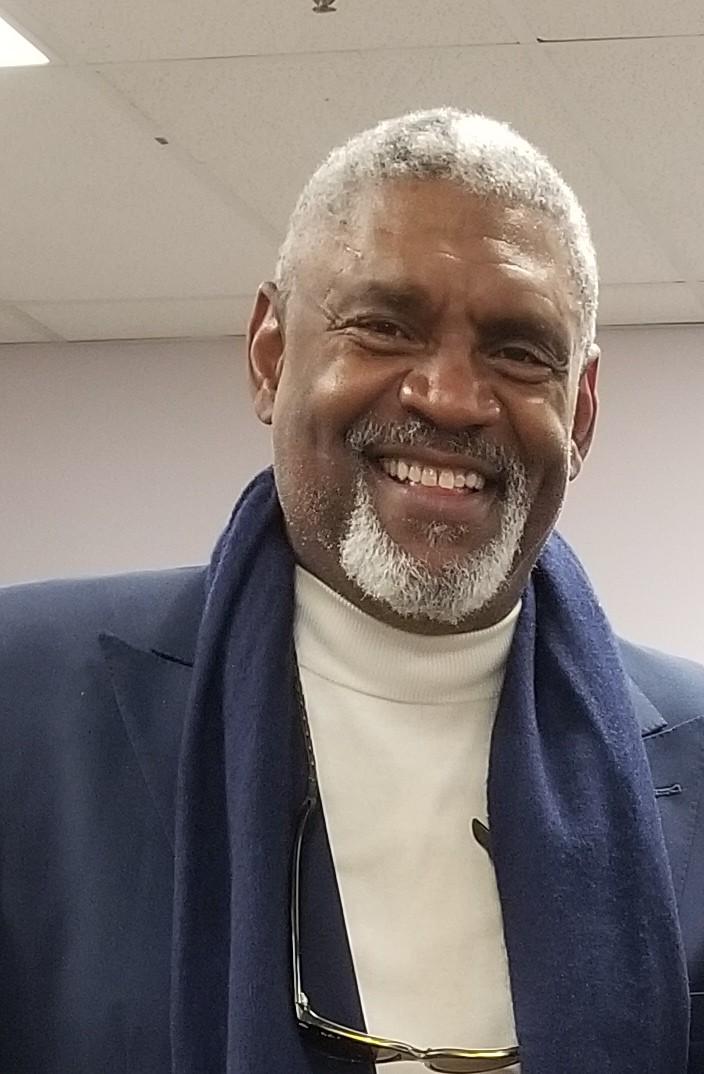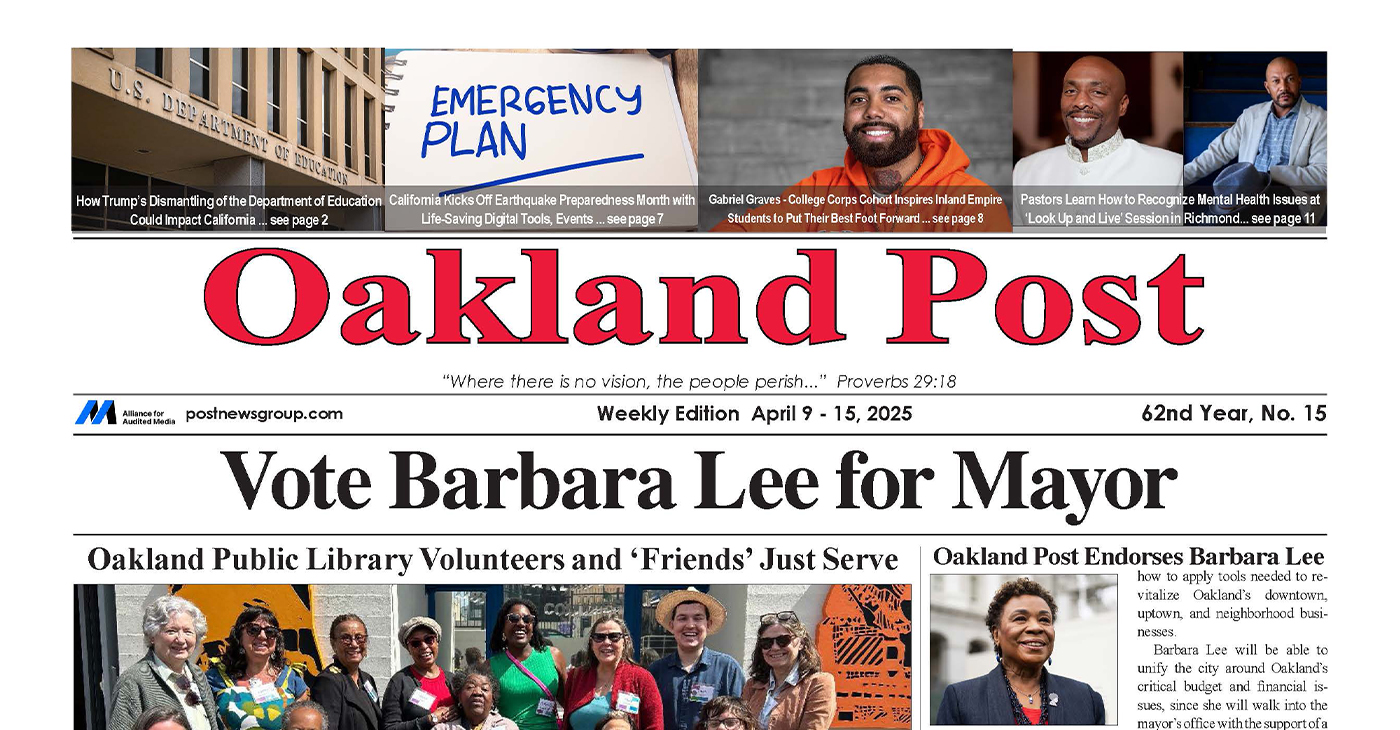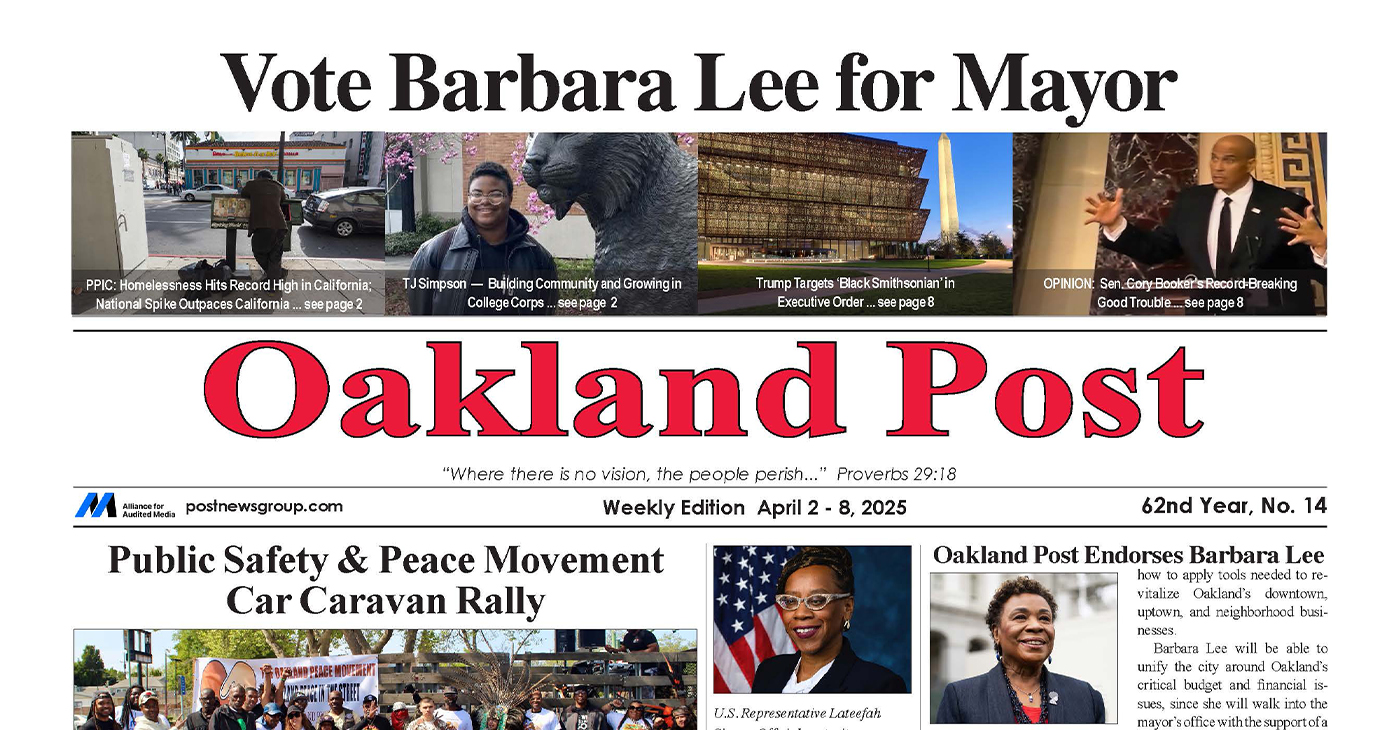Opinion
Opinion: Worthy of Justice (Part 2)

Columnist Leo Bazile began a series of articles examining morality and other aspects of the Reparations topic during this 2019 political climate. Reginald W. Lyles’ column is a theological response to Bazile’s work.
Last week, Lyles’ column (part 1) closed with a historical examination of the mind set before the Civil War, concluding that Africans were of such an inferior stock that they had no rights that the white man was bound to respect.
Out of this erroneous and racist thinking, hundreds of years of indoctrination and oppression were and still are forced upon the psyche and thinking of African Americans.
To counteract and repair this oppressive thinking. Liberation Theology emerged.
Liberation Theology emphasizes social concern for the poor and political liberation for oppressed peoples. In the 1950s and 1960s, liberation theology was the political praxis (the process by which a theory’, lesson, or skill is enacted, embodied, or realized), of Latin American theologians, such as Gustavo Gutierrez of Peru, Leonardo Boff of Brazil, Juan Luis Segundo of Uruguay, and Jon Sobrino of Spain, who popularized the phrase “preferential option for the poor.”
Liberation Theology also found the voice of James Cone in his books, “A Black Theology of Liberation” and “The Cross and the Lynching Tree,” which attempts to help people of African descent overcome oppression. He especially focused on injustices committed against African Americans and Black South Africans during the periods of U.S. segregation and South Africa’s apartheid, respectively.
Katie G. Cannon and Jacquelyn Grant’s book, “Womanist Theology,” emphasizes interrogating the social construction of Black womanhood in the Black community and assuming a liberation perspective so African American women can live emboldened lives within the African American community and within the larger society’.
These liberation theologies shed the light of justice.
We are experiencing dark days all over the world and especially here in the United States, where fascism and bigotry are emerging and thriving.
oligarchs are flourishing everywhere: Donald Trump of the United States, Rodrigo Duterte of the Philippines, Marine Le Pen of France, Vladimor Putin of Russia, Bashar al-Assad of Syria, Matteo Salvini of Italy, Benjamin Netanyahu of Israel, Boris Johnson of England, King Salman of Saudi Arabia, and many more.
The last time forces like these emerged so fully on a worldwide scale, we literally fought wars to quell the evil: WWII, two atomic bombs, the casualties of 20 million military personnel, 40 million civilians, and many who died because of deliberate genocide, massacres, mass-bombings, disease, and starvation. Six million Jew’s in the Holocaust and 300,000 Chinese in the Rape of Nanjing died under mass oppression.
The Bible says in Micah 6:8: “He has shown you, O mortal, what is good. And what does the Lord require of you? To act justly and to love mercy and to walk humbly with your God.”
Everyone is deserving and must do justice, but we must also demand it from and for ourselves, and all those around us. We must apply justice to everyone. And, we must be mindful in the struggle that power concedes nothing without a demand.
The demand for reparations is gaining traction in the United States. We must boldly embrace this political issue because African Americans built this country with free slave labor. Yet we have been “red-lined” from benefiting from the wealth we built – by segregationist alliances of immoral government legislation, unethical banking policies, and an unscrupulous real estate industry.
African Americans deserve reparations. African Americans deserve to be made whole.
African Americans must understand and believe that they deserve justice in the forms of reparations, economic justice, environmental justice, housing justice, food justice, water justice, and equal treatment in the justice system.
African Americans’ demand for justice is not radical, or communist, or socialist, or any other imagined label designed to demean, intimidate and shame them. On the contrary, all children of God are wonderfully made and deserving of justice.
Activism
Oakland Post: Week of April 16 – 22, 2025
The printed Weekly Edition of the Oakland Post: Week of April 16 – 22, 2025

To enlarge your view of this issue, use the slider, magnifying glass icon or full page icon in the lower right corner of the browser window.
Activism
Oakland Post: Week of April 9 – 15, 2025
The printed Weekly Edition of the Oakland Post: Week of April 9 – 15, 2025

To enlarge your view of this issue, use the slider, magnifying glass icon or full page icon in the lower right corner of the browser window.
Activism
Oakland Post: Week of April 2 – 8, 2025
The printed Weekly Edition of the Oakland Post: Week of April 2 – 8, 2025

To enlarge your view of this issue, use the slider, magnifying glass icon or full page icon in the lower right corner of the browser window.
-

 Activism4 weeks ago
Activism4 weeks agoOakland’s Most Vulnerable Neighborhoods Are Struggling to Eat and Stay Healthy
-

 Activism3 weeks ago
Activism3 weeks agoOakland Post Endorses Barbara Lee
-

 Activism4 weeks ago
Activism4 weeks agoOakland Post: Week of March 28 – April 1, 2025
-

 Activism3 weeks ago
Activism3 weeks agoOakland Post: Week of April 2 – 8, 2025
-

 #NNPA BlackPress3 weeks ago
#NNPA BlackPress3 weeks agoTrump Profits, Black America Pays the Price
-

 Activism2 weeks ago
Activism2 weeks agoOakland Post: Week of April 9 – 15, 2025
-

 #NNPA BlackPress3 weeks ago
#NNPA BlackPress3 weeks agoHarriet Tubman Scrubbed; DEI Dismantled
-

 #NNPA BlackPress3 weeks ago
#NNPA BlackPress3 weeks agoLawmakers Greenlight Reparations Study for Descendants of Enslaved Marylanders












































